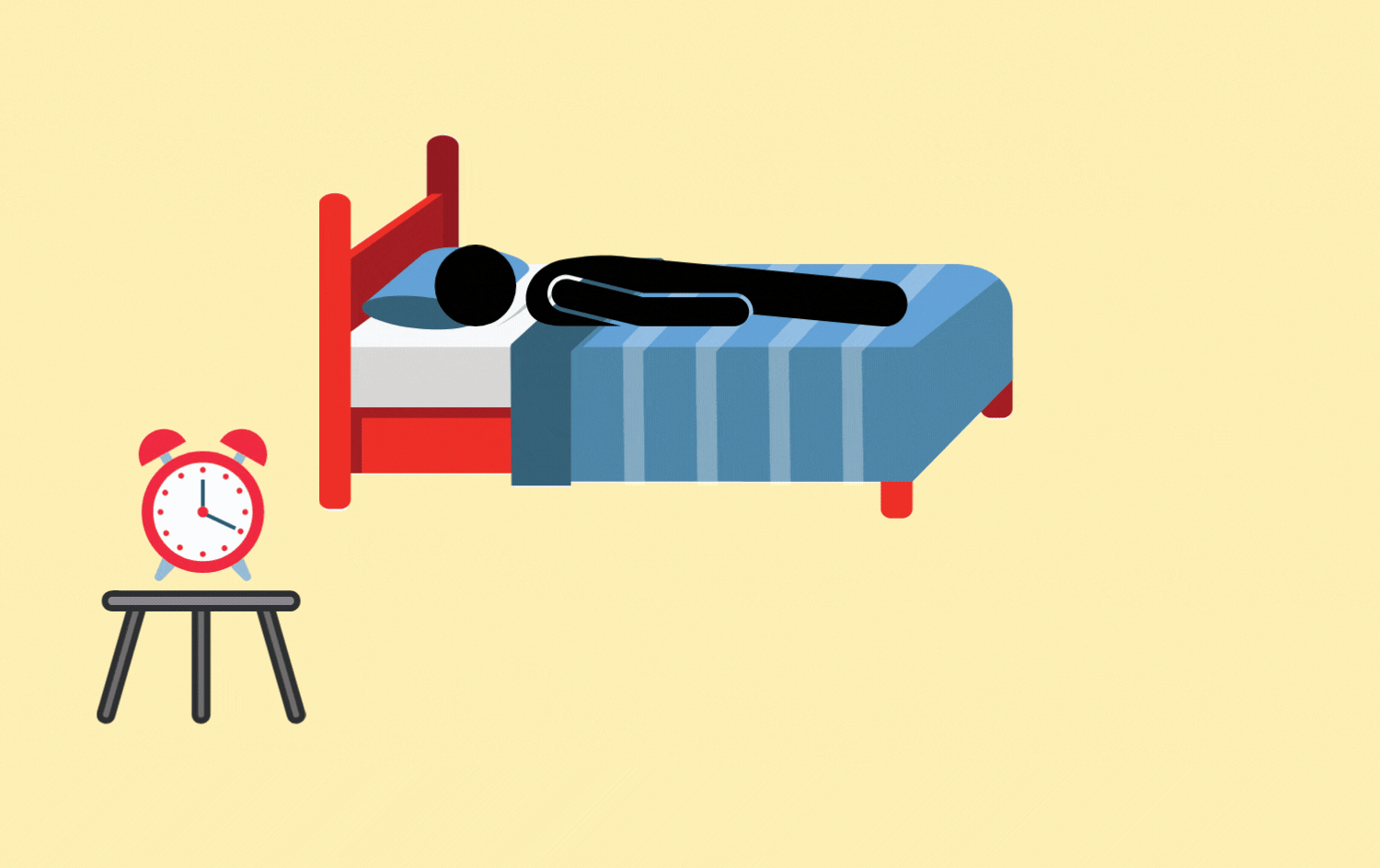New research suggests that the morning savior, the snooze button, may not be as negative as commonly believed.
We’ve all experienced that familiar desire for just a few extra minutes of sleep in the morning. Since its patent in the 1950s, the snooze button has become an integral part of our daily routines, with almost half of the participants in a recent study conducted through Stockholm University confessing to hitting it at least once every morning.
It often carries negative connotations; either labeled as a sign of laziness or accused of interrupting the regular sleep cycle. The common old adage, “You snooze, you lose” draws attention to that notion.
A recent study involving 31 avid snoozers, with an average age of 27, has turned the snooze game upside down.
As it turns out, the humble snooze button has some fascinating benefits that can improve your day. The study revealed some eye-opening insights into the world of snoozing. The participants, all well-seasoned snoozers, were subjected to two waking conditions in a counterbalanced order: snooze or no snooze. The time between the two conditions ranged from two days to two months, making the experiment relatable to daily routines.
The results showed that those who hit the snooze button experienced an advantage in alertness immediately after waking up. Contrary to popular belief, snoozing may not only give you a gentler awakening but could also boost your cognitive abilities, including reaction times, memory, and problem-solving skills.
The study also emphasized the importance of mood and how those extra moments in bed can positively impact your overall emotional well-being. The participants rated their mood, and the results showed a notable difference in optimism, sociability, and a reduction in tiredness and fatigue.
These findings suggest that those additional minutes of slumber could have a ripple effect, setting a brighter tone for the day ahead. In the test, the cortisol awakening response, a key indicator of your body’s stress response, remained unchanged. This means that snoozing didn’t trigger any additional stress.
“I can totally see why snoozing is beneficial psychologically, in terms of someone’s mental health,” said Carlmont sophomore Adarsh Nair.
In contrast, some argue that snoozing reduces productivity.
“Let’s be real. You set an alarm clock for a reason. You do it to wake up on time, not to snooze. I mean, if you do snooze, you may run late for things,” said Carlmont sophomore Nathan Fratkin.
For people who appreciate a snooze, researchers may have good news.
“Research suggests that a brief snooze can actually make people more alert. So, if individuals are benefiting from it, there’s no harm in continuing the practice. It might slightly affect productivity, but as we age, we tend to adapt our routines to better fit our schedules,” said Kunal Ram, a Medical Assistant at Sutter Health.
Many people find this information intriguing, shedding new light on our daily habits and their potential effects on our daily lives.
Snoozing isn’t just a morning habit; it’s a fascinating aspect of our sleep patterns with real implications on our daily lives. While experts agree more research is needed for the full picture, the next time you hit the snooze button, remember that it might not be such a bad idea after all. The next time someone tells you, “You snooze, you lose,” you can proudly say, “Not necessarily!”



